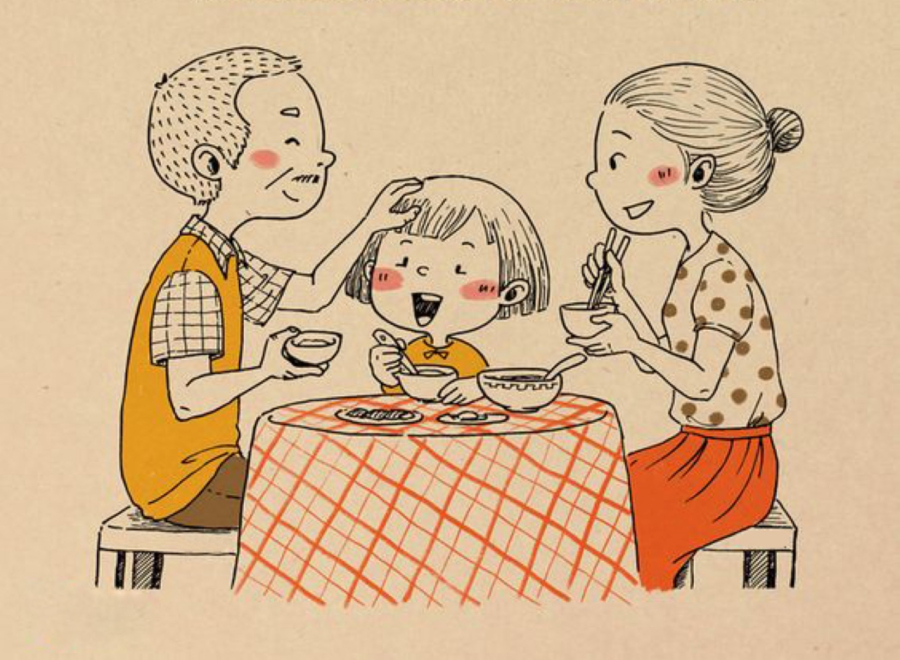There are 3 good qualities parents should maintain to impart the most positive energy to their children
1. Respect the child’s privacy
Regardless of age, children need their own space and parents should respect their children’s privacy. Avoid intruding or delving into secrets that children do not want to talk about, such as reading a diary or rummaging through their bags. If confiding is a child’s private matter, then parents should respect their child and not disclose private matters or mention them to others.
2. Keep promises
Parents should remember that keeping promises, especially to their child, is very important. Whether a child is honest or dishonest, it is all determined by the character of the parents. As parents, when you agree to your child’s request, you should arrange time to fulfill that promise. This creates trust in the child. Conversely, if you back down on your promise, the child will inadvertently learn to back down, be irresponsible, and apply it to their life.
3. Minimize complaining and comparing
No matter how annoyed you are, never compare your child to another child. Instead, be happy to help your child discover their hidden potential, encourage them to live authentically and confidently as themselves. If parents frequently complain or compare their child to others, it only makes the child feel insecure and envious.

3 good qualities of parents that will help children grow up to be honest, intelligent, successful individuals
There are 3 things parents should not do if they want their child to become independent and responsible
1. Answering for the child
When a child is asked by an adult, parents should not hesitate to let the child speak for themselves. Parents do this not to protect the child but to take away the right to grow and develop. If parents are not proactive in answering, over time the child will become passive, limit their language abilities, and have inflexible thinking.
Therefore, parents should encourage their child to answer, which will help the child become more confident. If the question is too difficult, you can give subtle hints and create a comfortable space so that the child does not feel scared or embarrassed.
2. Controlling a child’s savings
Every child has their own savings, whether it’s lucky money or gifts from relatives. If parents control everything, it will make the child feel insecure and suffocated due to excessive control.
Parents controlling all the savings will make the child feel insecure and suffocated due to excessive control. Therefore, parents should give their child a certain amount of money, teach them how to manage and spend it wisely. You can even use a method of giving money to the child every time they excel in their chores to help them appreciate their own hard work.
3. Doing homework and chores for the child
Children tend to struggle when they constantly have to deal with issues with their parents. However, don’t be afraid of difficulties and don’t write or do homework for your child. Instead, take the time to read the questions carefully and ask if your child understands the issue. Help your child unravel each knot until they understand the problem.
Doing their own homework will help children gain confidence, self-esteem, and develop their intelligence in the most positive way.
Learning Tips for Parents: 12 Japanese Techniques to Use with Your Children
Discover the 12 principles of teaching children in the traditional Japanese way that parents can learn with Dien May XANH! By instilling these principles when your children are young, you can ensure that they grow up to be obedient, smart and polite, the hallmarks of a successful education in Japan.




































